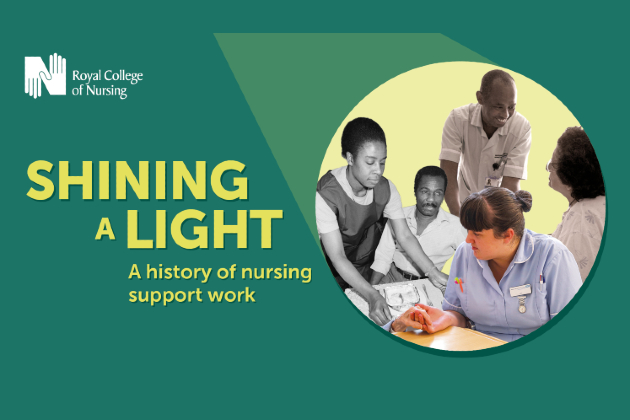Who were the first men on the general nursing register? Dr Stuart Wildman, Honorary Research Fellow at the University of Birmingham, finds out
Following the Nurses’ Registration Act of 1919, the General Nursing Council for England and Wales published its first register in September 1922. There was a general register, reserved for women, and supplementary parts for male, mental (male and female), children’s and fever nurses. The existence of a supplementary register for male nurses was surprisingly uncontroversial given that many nursing reformers had set out to create an occupation exclusively for women. In 1898 Ethel Gordon Fenwick, the leading campaigner for nurse registration, told a conference of matrons that if the public wanted trained male nurses they would have them. Indeed, there was high demand for suitably trained men to care for male patients with physical illnesses.
The first register contained the names of 15 men and a further nine were added before the end of 1922. Nearly 10,000 female general nurses registered at the same time. The first male state registered nurse (SRN) was George Dunn of Liverpool who, like 19 other men in this first cohort, had trained in the Royal Army Medical Corps (RAMC). Of these, two had been trained in hospitals in India and one in Malta. The four civilian nurses were all trained at the Hackney Union Infirmary in London.

Altogether, 11 of these nurses had military experience in World War One (WW1) and at least one (Harold Whitcombe, SRN 22) served in the Boer War as well. Three were also on the mental part of the register – including George Essex (SRN 2), who later became Chief Male Nurse at Herrison Mental Hospital in Dorset. Seven men were working in prisons at the point of registration, three in the Hackney Union Infirmary, one for the Male Nurses Temperance Cooperative (an agency for private nurses), and Walter Clark (SRN 13) was working in Perth, Australia.
It is difficult to follow the careers of all these men. After registration most continued as nurses but some did not. Edward Bryant (SRN 10) had an illustrious career in the RAMC serving in Egypt, France and on hospital ships during WW1, and rose to the position of acting Sergeant Major. In 1939 he was still on the register, but working as a station officer for the London Fire Brigade.
One of the youngest men on the register was Frederick Stratton (SRN 6), who like his brother, trained in the Hackney Infirmary. He started training in 1914 but was drafted into the army and did not qualify until 1920. In 1923 he was elected unopposed to the General Nursing Council and represented male nurses on the supplementary register until 1932.

By the beginning of World War Two there were 528 men registered, less than 0.5% of all general nurses. Roughly an equal amount came from civilian hospitals and the armed services. In addition to the army, navy and prison service, approved training schools increased to about 10 by 1940, then 90 by 1947, but the number of men registering remained low.
Representatives of male nurses argued for the amalgamation of both parts of the general register in 1943, drawing criticism from their female counterparts. Before long, however, the 1949 Nurses Act abolished the supplementary register. Male general nurses joined the general register alongside their female colleagues. Yet the perception of nursing as a women’s profession seems to have remained. In the early 1950s, approximately 7% of general nurses were male. Today, nearly 70 years later, only 11% of all nurses are men.








